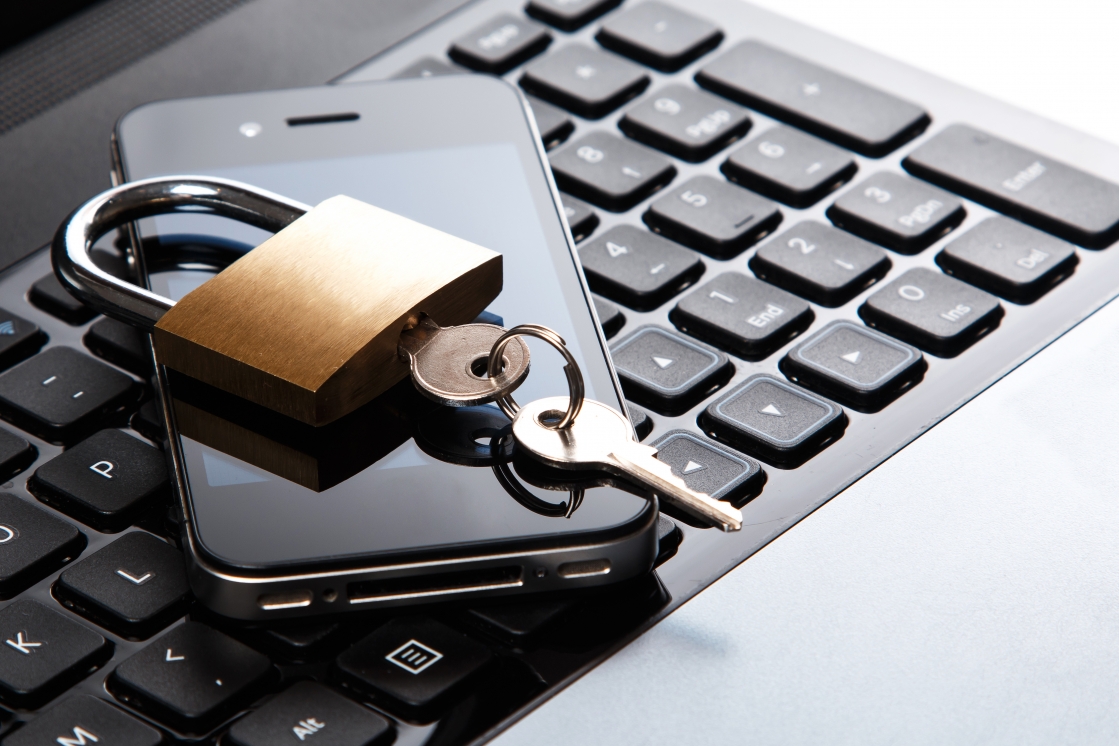6 security tips for online home buyers

Using the internet to access goods and services has become a common action in today's technological age. From buying new shoes to auctioning a car, we use the internet for its speed and ease of use and it can even help to save us money.
In 2014 alone, the Australian Competition and Consumer Commission (ACCC) received close to 92,000 scam-related contacts.1 With the growing threat of cyberattacks, individuals need to keep their information safe.
Unfortunately, when we think of online security we tend to think about e-commerce and banking but what about the security risks associated with online house hunting?
As younger and more tech-savvy individuals engage with the property market, how can they utilise the internet as a tool while mitigating the risk of searching online?
Make sure your WiFi or internet connection is safe and secure
Often time is of the essence when making decisions about property and you may need to search for information or conduct transactions on the fly.
Many shopping centres, public transport and community areas have public-access networks available and some people use these for casual web browsing. It might seem like a safe idea to use a public network when searching for housing, especially if you are pressed for time.
Think again. The information packets that are sent over public connections may be intercepted by hackers or cybercriminals. When transferring personal information between parties, such as signing up to a mailing list or a property alert application, make sure you use a secure network.
Only use trust-worthy sites
According to a 2015 Infobox and Internet Identity (IID) report, phishing attacks are up by as much as 72 per cent. 2 Phishing refers to the practice of stealing an individual's identity and/or other valuable information by pretending to be a real website.
By beginning with a trusted site, like domain.com.au and realestate.com.au, homebuyers can sign up to email subscriptions and skip the problems and issues that manifest from illegal online schemes.
One good tip is being aware of slight misspellings or the use of different domains, for instance .net rather than .com.
Make sure your security software is up to date
When browsing online property advertisers, making sure your computer or digital device is secure can protect you from identity theft.
According to National Cyber Security Alliance, having the latest security software, web browser and operating system (OS) are the most important defences against viruses, malware and other internet-based threats. 3
Updated antivirus and antimalware software should keep the majority of your private information out of the hands of cybercriminals. But that doesn't mean updating your web browser is unimportant.
Beware of scams
The property market is big business in Australia. This means that there are a range of people looking to make money from it, and while most of these people have good intentions, some hold criminal ambitions.
For instance, this year cybercriminals used scam emails pretending to be from an energy company to access Australians' private information. The emails, purporting to be customer bills from Simply Energy, were laid out in a professional and authentic manner.
The emails incorporated 'pay now' and 'billing history' buttons that took recipients to a fake website, which used malware to compromise their computers. 4
This is an example of how scams can gain access to your personal information. One simple way to avoid scams is to set up a spam filter on your email account and scan all unopened emails with a software tool.
Do your own research
When buying or selling a home, typically most people will rely on their real estate agent. Yet, personal research is as much, if not more important.
While third party sites are important for finding our about scams and insecure sites, doing your own research is a must.
One great online tool for this is SCAMWATCH, which is run by the ACCC. It provides a platform for individuals to identify, avoid and report scams.
Turn off your computer
Although this may seem obvious, but, if worst comes to worse and you are infected by a virus or malware, you can turn off your computer to limit the ability of online hackers.
Further, most malware infections have the same abilities as the logged in user. To reduce the impact of malware, use a restricted user account for everyday activities and only the admin account when you have to.
Online security is an important aspect of everyday life, and with the growing threat of cyberattacks Australian individuals should be wary. Use these six tips to make your online house hunt a secure and enjoyable one.
1 Targeting scams: Report of the ACCC on scams activity 2014. Australian Competition and Consumer Commission's (ACCC) Accessed: 3 November 2015
2 Infobox DNS Threat Index. Infobox and Internet Identity (IID). Accessed: 3 November 2015.
3 Stay Safe Online: ONLINE SHOPPING. National Cyber Security Alliance. Accessed: 3 November 2015.
4 Alert Priority Moderate : Be wary of scam bills purporting to come from Simply Energy. Australian Government Department of Communications and Arts. Accessed: 3 November 2015.
